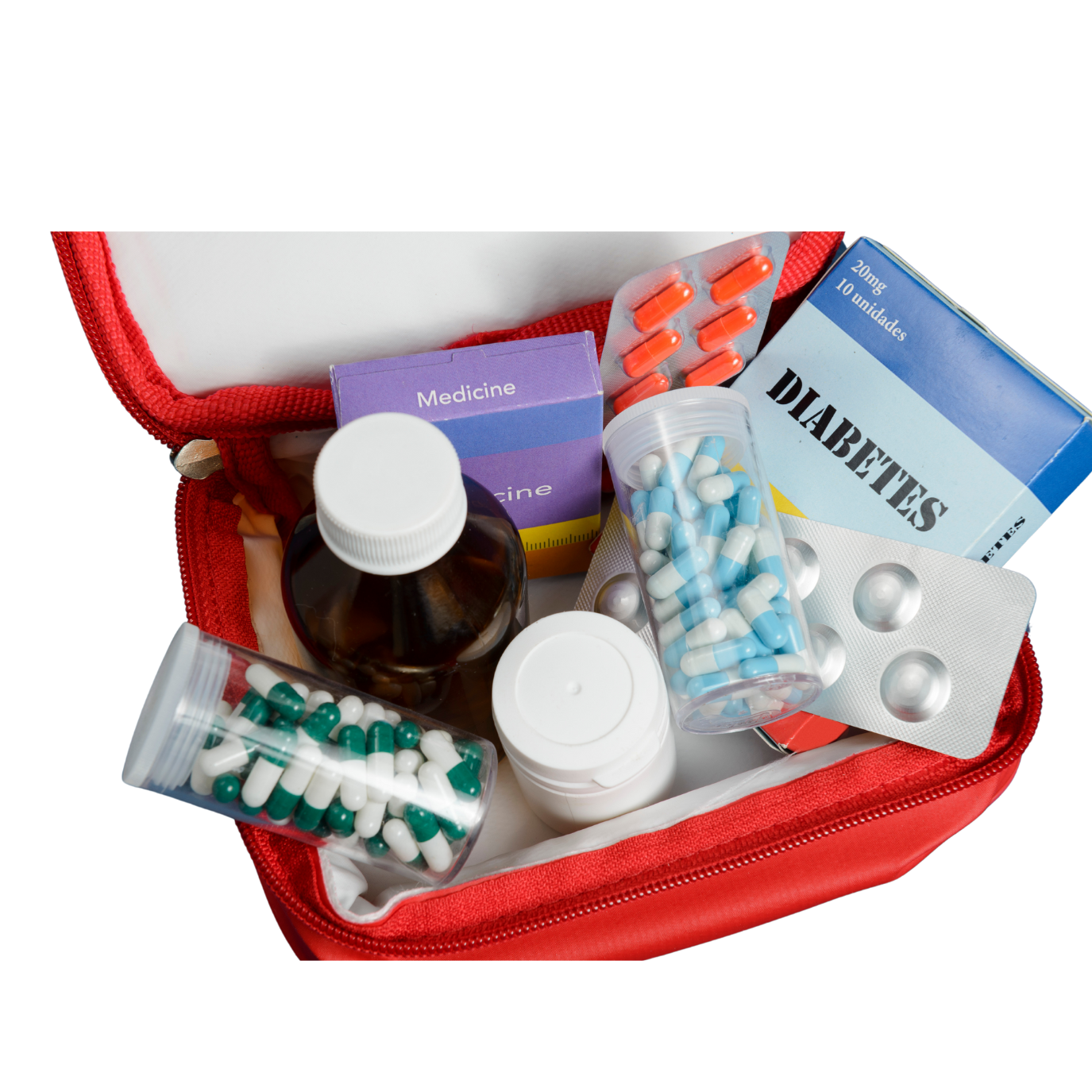Health emergencies can happen at any time, and having a well-stocked medicine cabinet is a smart step toward being prepared. While serious conditions always require professional medical advice, many minor ailments can be managed effectively at home. Here’s a list of 10 must-have over-the-counter (OTC) medicines to keep in your home:
1. Paracetamol (Acetaminophen)
Use: Fever and pain relief
Paracetamol is a go-to for relieving headaches, body aches, and reducing fever. It’s safe for most people when taken in the correct dosage and is suitable for both adults and children (in age-appropriate formulations).
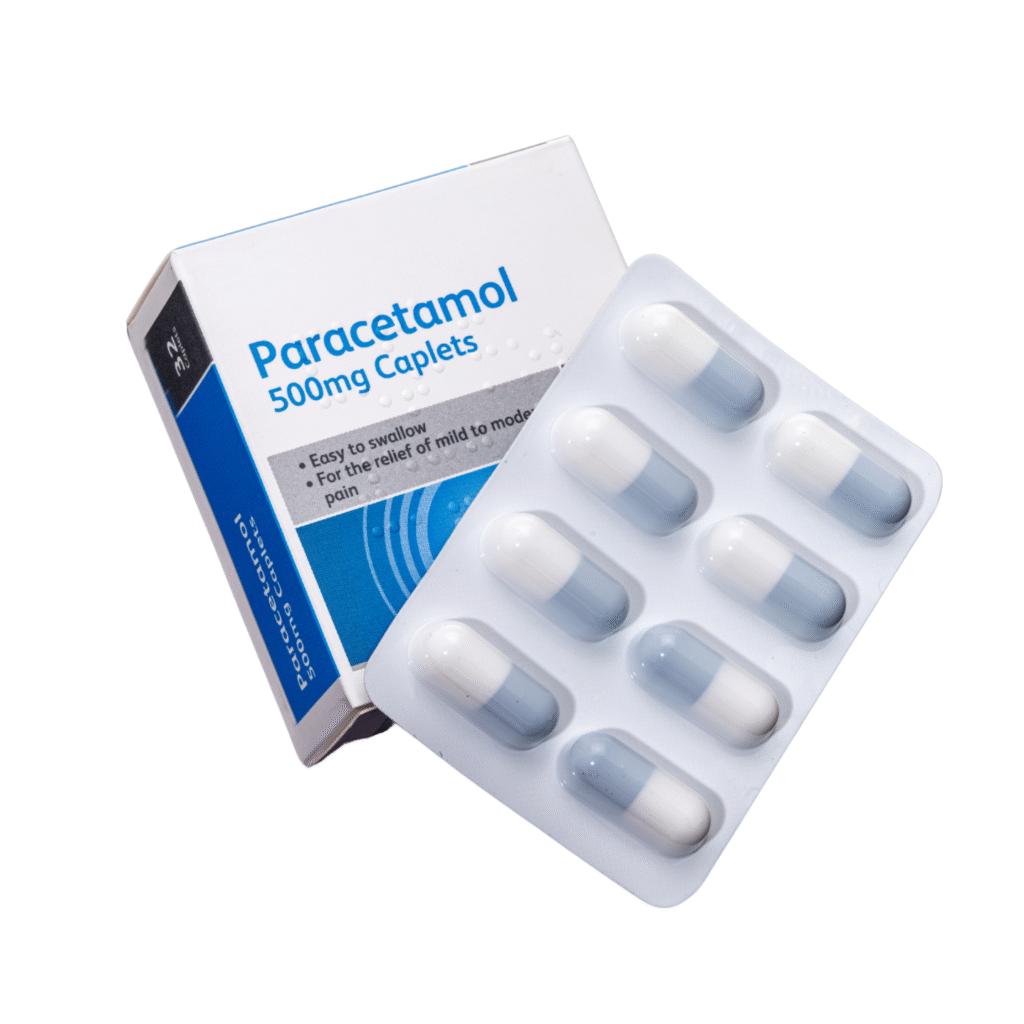
2. Ibuprofen
Use: Pain, inflammation, fever
Ibuprofen is a non-steroidal anti-inflammatory drug (NSAID) that helps with inflammation-related pain such as muscle aches, arthritis, menstrual cramps, and dental pain. It also reduces fever.
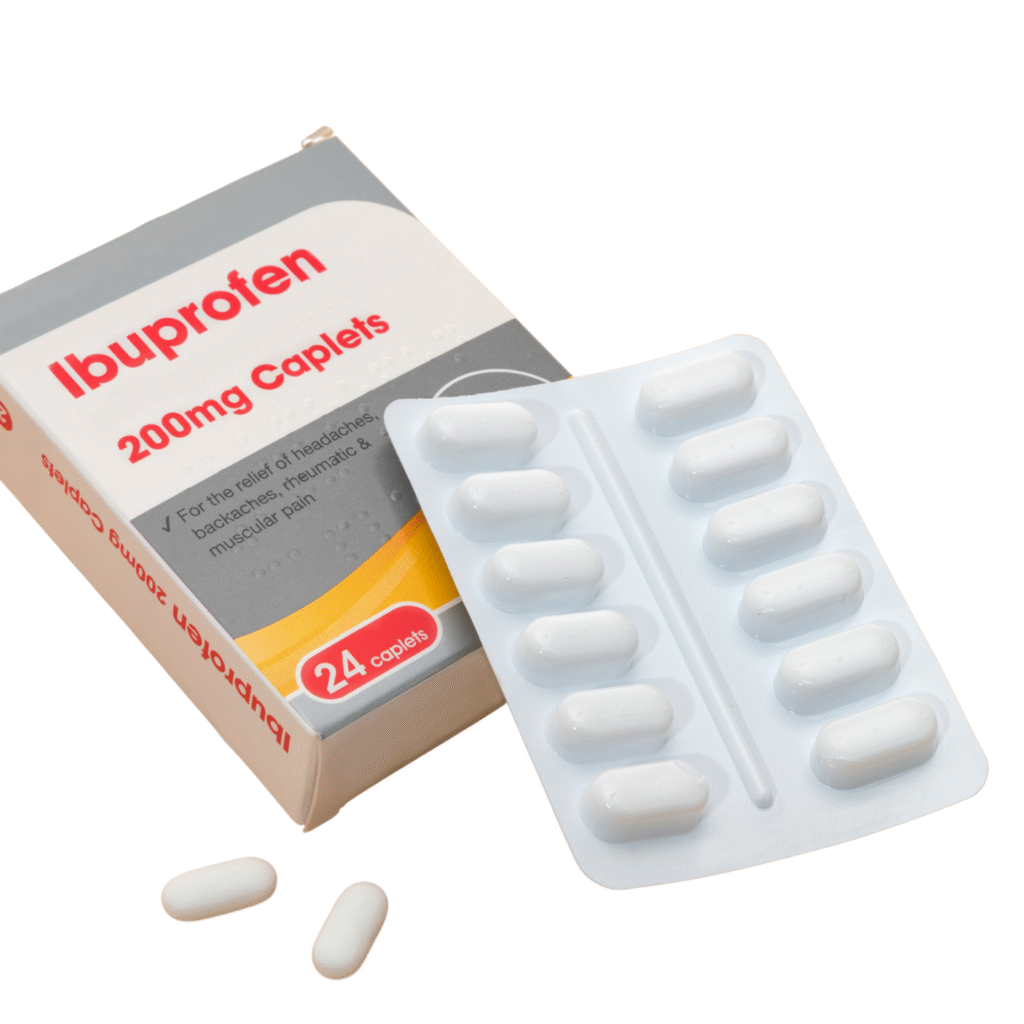
3. Antihistamines (e.g., Cetirizine or Loratadine)
Use: Allergies, hay fever, hives
Antihistamines are essential for treating allergic reactions, including runny nose, sneezing, itchy eyes, or rashes caused by food, dust, pollen, or insect bites.
4. Antacid (e.g., Ranitidine, Famotidine, or Antacid Chewables)
Use: Acid reflux, indigestion, heartburn
If you often deal with acid indigestion or heartburn after meals, having a reliable antacid on hand can bring quick relief.
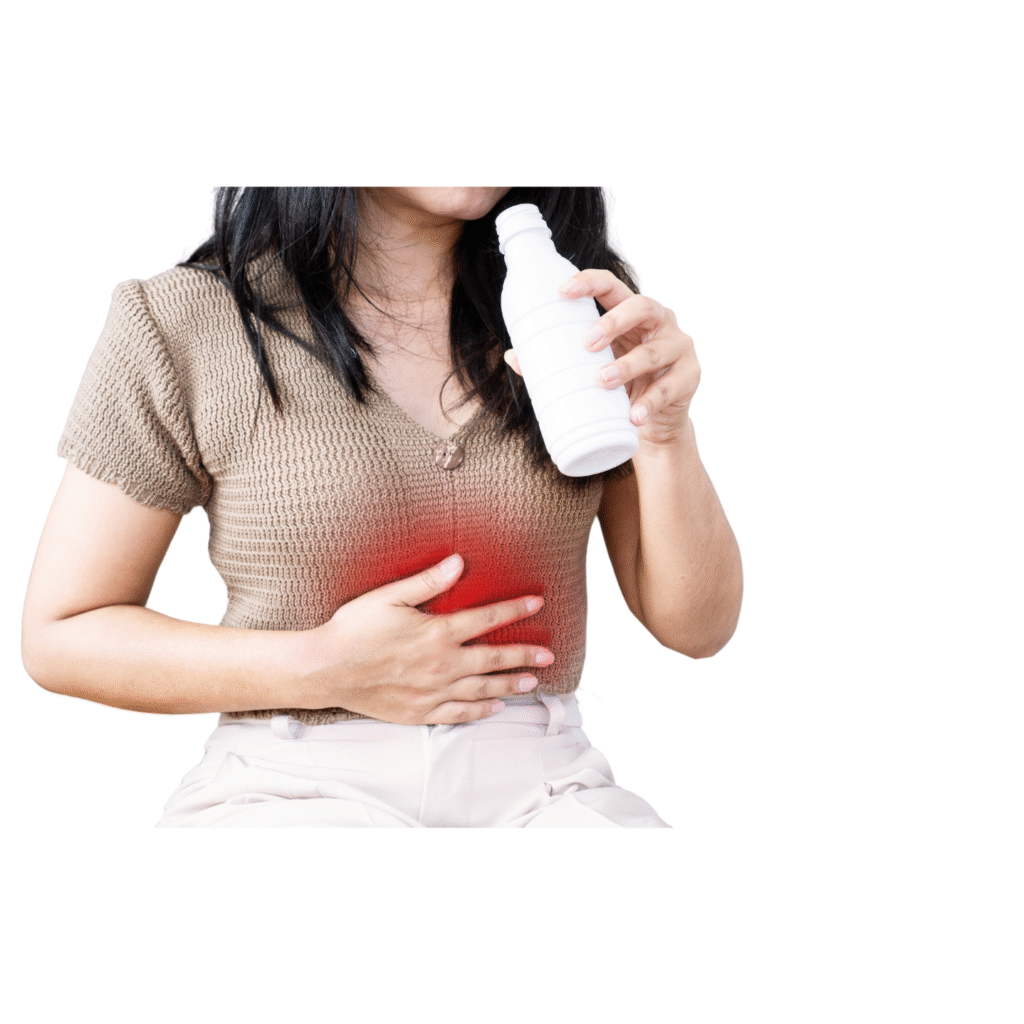
5. Oral Rehydration Salts (ORS)
Use: Dehydration, especially from diarrhea or vomiting
ORS packets help replenish lost fluids and electrolytes, especially useful for children or during heatwaves and stomach upsets.
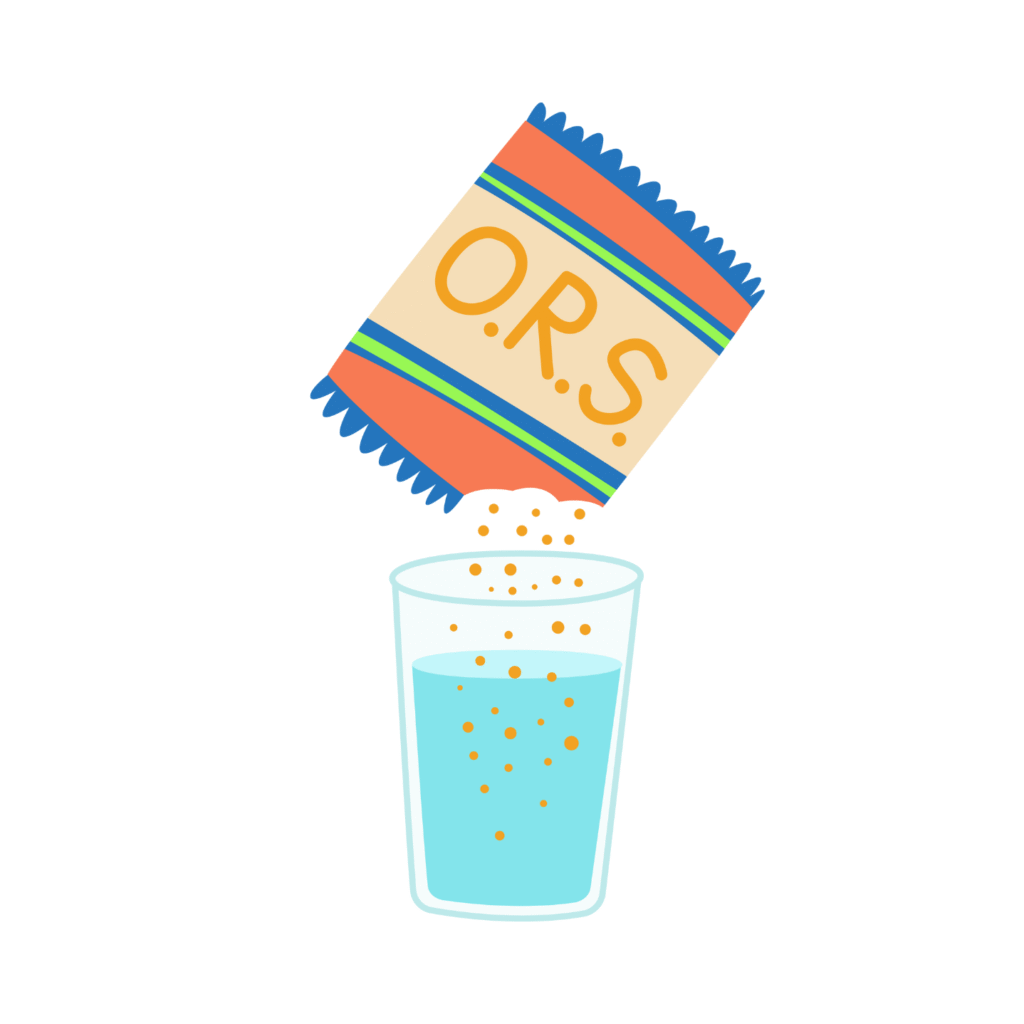
6. Loperamide (Imodium)
Use: Diarrhea
Loperamide helps slow bowel movements and provides relief from sudden bouts of diarrhea. It’s useful during travel or when access to a restroom is limited.
7. Cough Syrup or Lozenges
Use: Dry or productive cough
Cough relief medications (such as dextromethorphan for dry cough or guaifenesin for chesty cough) help soothe throat irritation and manage symptoms of the common cold.
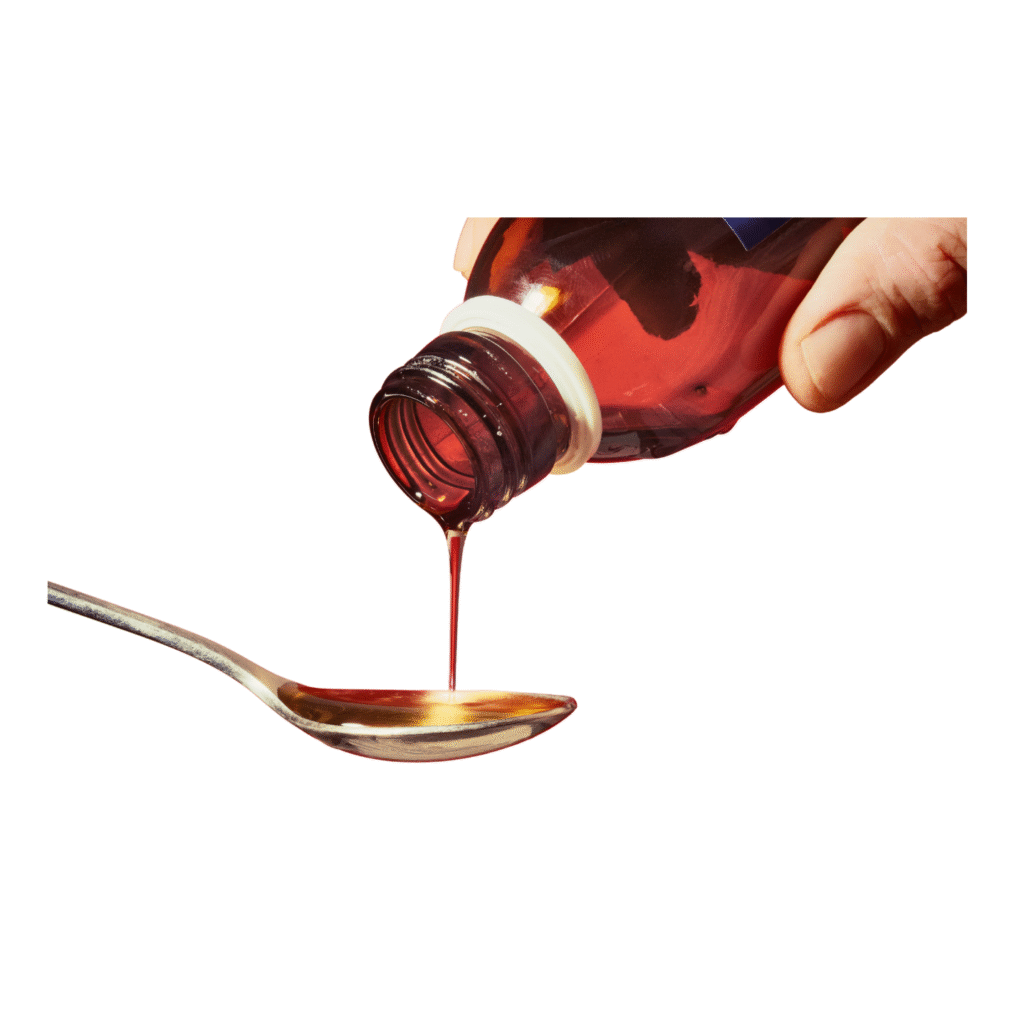
8. Antiseptic Cream or Ointment (e.g., Neosporin or Betadine)
Use: Cuts, scrapes, minor burns
An antiseptic cream helps prevent infection in minor wounds. Pair this with clean bandages and antiseptic wipes for a basic wound care kit.
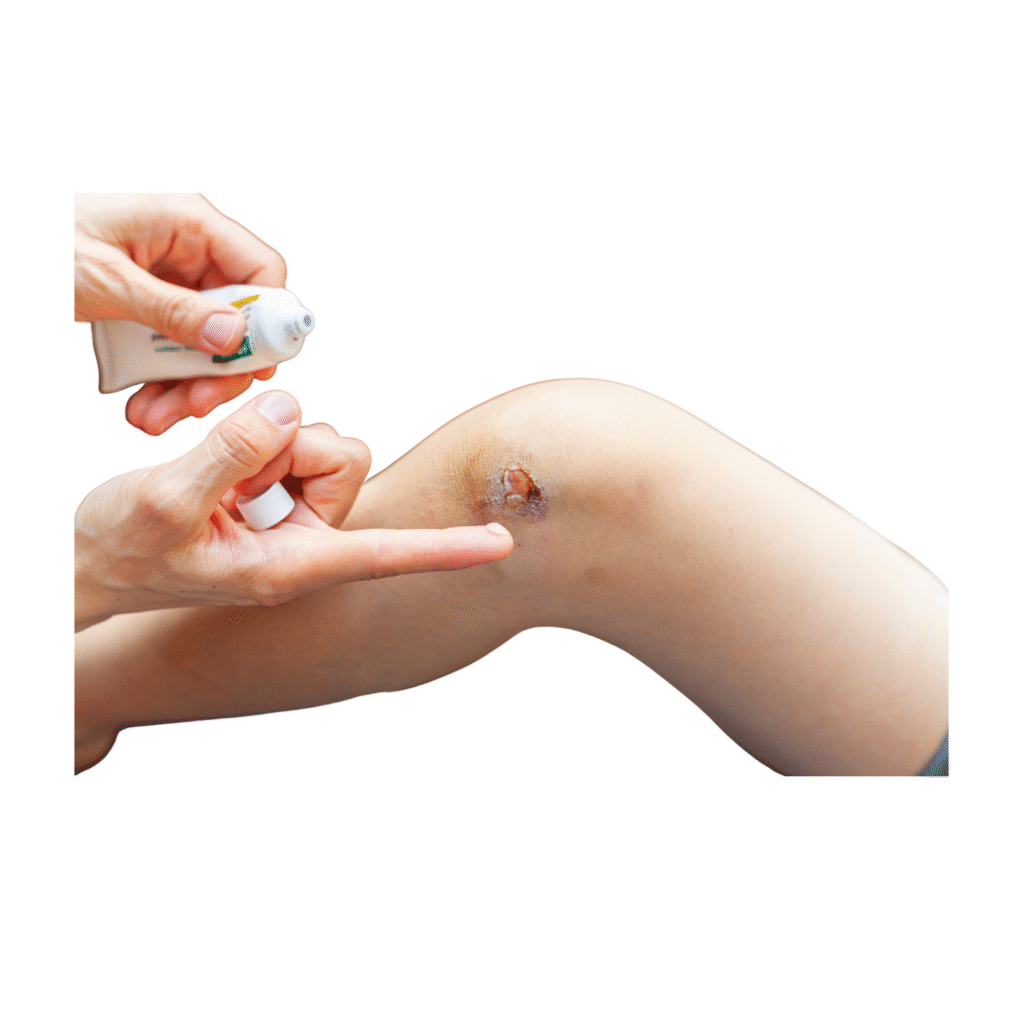
9. Topical Pain Relief (e.g., Diclofenac Gel or Menthol Cream)
Use: Muscle pain, joint pain, sprains
These creams or gels provide localized relief for pain from sports injuries, strains, or arthritis without affecting the whole body.
10. Multivitamins or Vitamin D/C Supplements
Use: General health and immune support
While not a medicine in the strictest sense, multivitamins can help fill dietary gaps. Vitamin C and D are especially important for immune function and are helpful during flu season.
Bonus Tips:
- Always check expiry dates and replace expired medicines.
- Keep medicines out of children’s reach.
- Store them in a cool, dry place, away from direct sunlight.
- For chronic conditions, always have a backup supply of prescription medications.
When to See a Doctor:
While these medicines can help manage common ailments, seek medical attention if symptoms persist beyond a few days, worsen, or if you are unsure of the cause.
By maintaining a well-organized home pharmacy, you can respond quickly to everyday health issues and avoid unnecessary trips to the doctor. However, responsible use is key — always read labels and consult a healthcare provider if you’re unsure.
